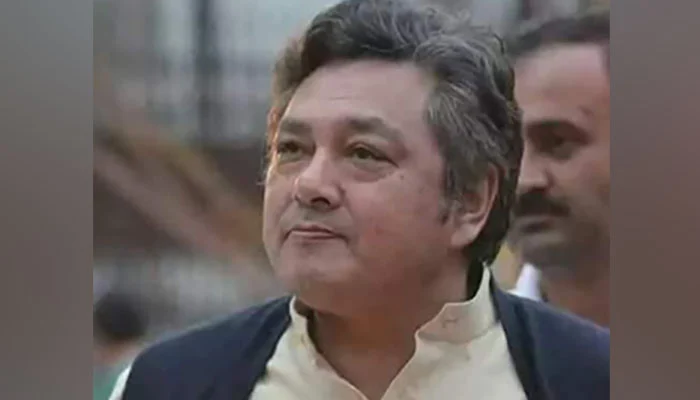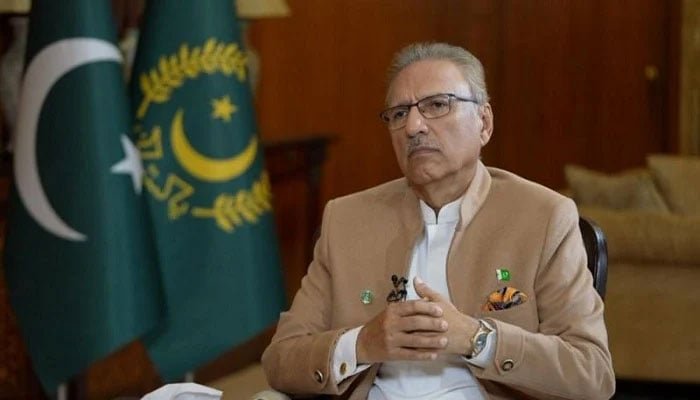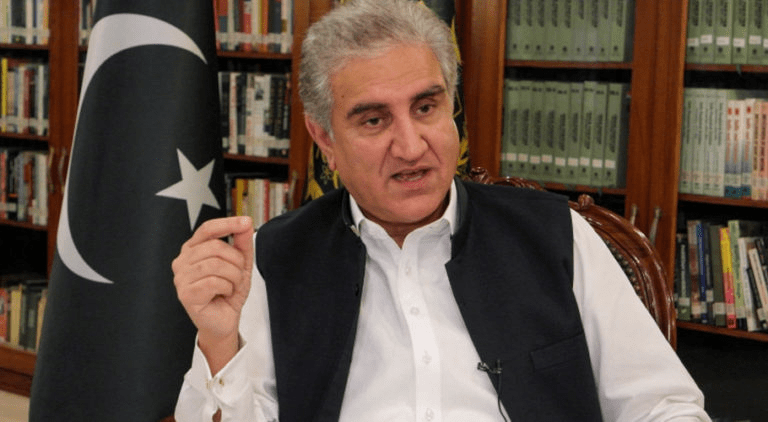During the tenure of the previous Pakistan Tehreek-e-Insaf (PTI) government, there was speculation that Prime Minister Imran Khan’s Principal Secretary, Azam Khan, would not testify as a witness against him in the Safdar case. However, it has been revealed that in the Safdar case, Azam Khan will indeed appear as a witness on behalf of the prosecution.
In the context of the case, it was previously suggested that Azam Khan might not become a witness against Imran Khan. However, recent reports indicate that Azam Khan is a crucial witness for the prosecution, having already recorded his statement under Section 164 of the Criminal Procedure Code.
The Federal Investigation Agency (FIA) has named Imran Khan and Shah Mahmood Qureshi as accused in the FIR filed in the Safdar case. While Asad Umar and Azam Khan’s names were initially included in the FIR, their involvement in the case is contingent upon evidence emerging during the investigation.
Azam Khan was absent for some time, and upon his return, he accused Imran Khan of using the military establishment and the opposition parties to create false narratives using the Safdar incident.
According to Azam Khan, on March 8, 2022, the Foreign Secretary of that time contacted him, informing him about the Safdar incident. Subsequently, on the same evening, Safdar was brought to his house.
Khan revealed that the Foreign Secretary informed him that the then Foreign Minister, Shah Mahmood Qureshi, had already discussed the matter with the Chairman of the Pakistan Peoples Party (PPP), using the same evidence.
The next day, Azam Khan’s statement was confirmed when he presented this diplomatic document to the Prime Minister. Azam Khan alleged that Imran Khan intended to use the Safdar incident during a public gathering and distort the narrative to propagate the idea of a foreign conspiracy being hatched against the military establishment and opposition parties in order to gain political advantage.
Azam Khan stated that he provided the transcript of the Safdar incident to Imran Khan, but the document was not returned and was later declared missing.
Sources have indicated that during the JIT investigation of the Safdar case, Imran Khan mentioned in his statement that he had instructed his military secretary to investigate the missing classified document.
However, there is no evidence of any written directive in this regard. During the trial of the Tohsa Khana case, Imran Khan mentioned that he had sold the decorations through his military secretary. He stressed that the military secretary is a significant and relevant person in this case.
Imran Khan requested the court to summon him and record his statement. However, neither he nor his legal team insisted on recording the military secretary’s statement despite the court’s decision to reject the testimony of the four individuals whom he intended to present as witnesses.
Overall, the Safdar case has shed light on the intricate dynamics between Imran Khan, Azam Khan, and the use of alleged evidence within the political sphere, giving rise to debates and legal complexities.



